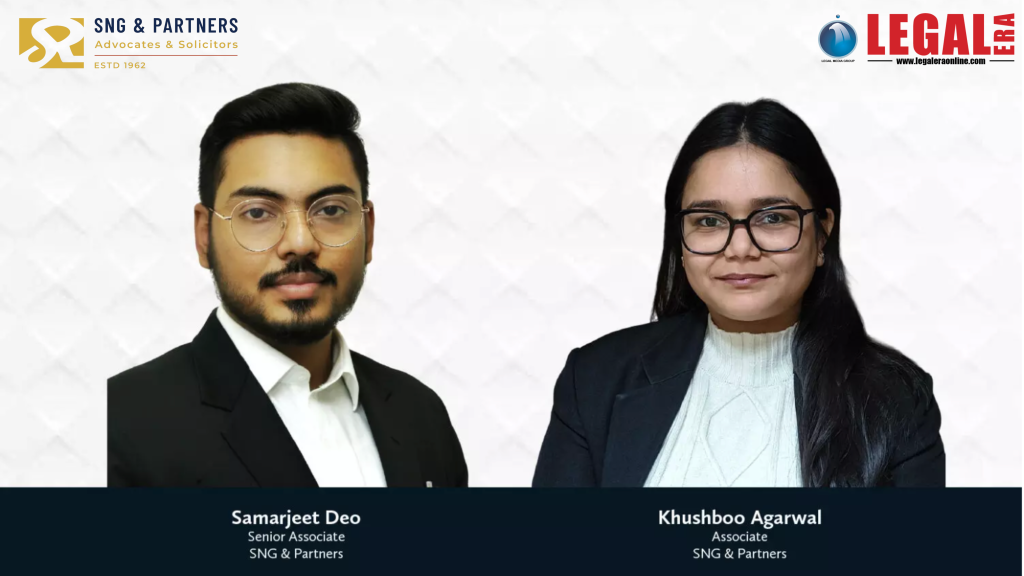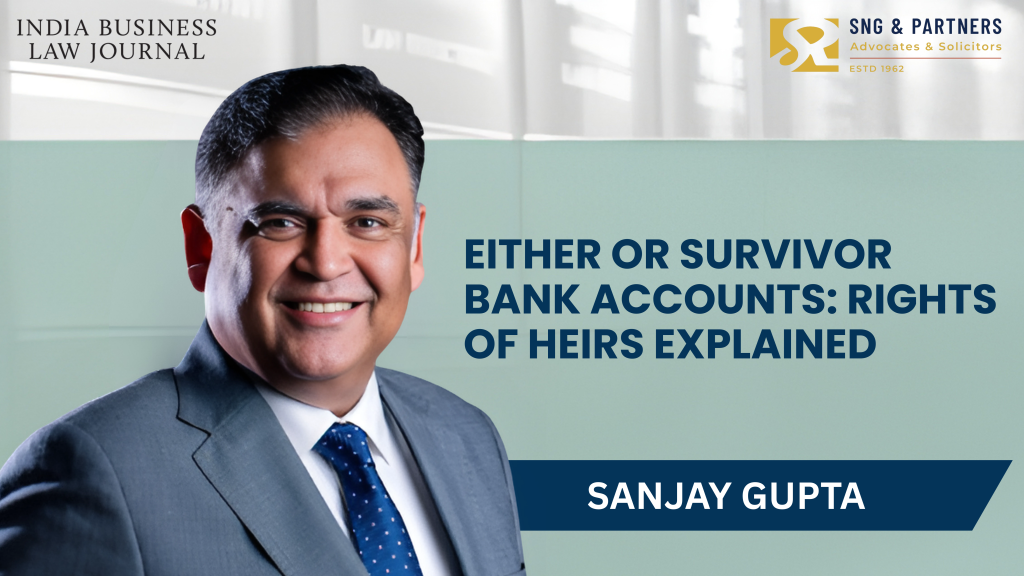The article discusses the position of free speech in modern India, with reference to the petition filed against the launch of Maharaj, a Netflix movie based on the Maharaj Libel Case.
The release of the movie Maharaj has stirred a controversy that reaches far beyond a simple case before the Hon’ble Gujarat High Court. It has illuminated the precarious position of online platforms in upholding free speech in India, particularly when faced with pressure from religious groups and a legal system grappling with evolving notions of morality and expression.
The story behind the controversy
Maharaj, starring Jaideep Ahlawat and Junaid Khan, is based on the infamous Maharaj Libel Case of 1862. The film delves into the efforts of social reformer Karsandas Mulji to expose alleged immoral practices within a religious sect, leading to a landmark legal battle that tested the limits of free speech in colonial India.
The movie received certification from the Central Board of Film Certification (CBFC), but its release was stalled by the Gujarat High Court due to a petition filed by members of the Vaishnavite Pushtimargi sect, who claimed the film defamed their community and consequently its release could spark communal tensions against the members of their community. After reviewing the film, the Court lifted the stay, finding no merit in the petitioners’ claims.
The power of religious sentiment
The legal battle surrounding Maharaj highlights the enduring influence of religious groups in shaping public discourse in India. Similar to the 1862 case, where a powerful religious figure sought to silence dissent, the modern-day petitioners utilized their resources and influence to challenge the film’s portrayal of events. While the courts ultimately ruled in favor of free speech, the case demonstrates the continued vulnerability of creative expression to the pressures of religious sentiment.
The role of OTT platforms and the limits of corporate responsibility
Unlike the 19th-century libel case, where the fight for free speech rested on the shoulders of individuals like Karsandas Mulji, today’s battles are often fought by multinational corporations like Netflix. These platforms, driven by commercial interests and legal obligations, may be hesitant to champion controversial content that could jeopardize their standing or attract legal challenges.
The case of Maharaj raises questions about the extent to which corporate entities can or should act as defenders of free speech. While platforms like Netflix have a vested interest in promoting diverse voices and perspectives, they are also bound by legal frameworks and market pressures. Indeed the very legal framework on which these platforms operate requires them to maintain their content neutrality stand and act or take down content only on the valid orders of the court or an authorized government agency. This tension is evident in the decisions made by these platforms, balancing creative freedom with the need to avoid legal battles and maintain a neutral stance.
In recent cases of censorship and free speech violations in India, a notable trend has emerged: affected parties have not sought damages for the infringement of their right to free speech, and courts have not utilized their authority to award costs or damages. Instead, these legal battles are viewed as an inherent part of conducting business in India by the platforms involved. This perspective has far-reaching consequences, as it diverts resources away from content creation and other essential aspects of the platforms’ operations, ultimately hindering the overall development of the content ecosystem.
The role of the courts and the need for reform
The Maharaj case also underscores the challenges faced by the Indian judiciary in navigating complex issues of free speech and religious sentiment. Writ courts, tasked with upholding constitutional rights, are often forced to adjudicate factual claims without the benefit of a full evidentiary process. This can lead to ad-hoc decisions based on limited information and subjective interpretations of religious sensitivities.
Moreover, the existing regulatory framework for online content is fragmented and often ineffective, leaving platforms and content creators with little clarity or protection. This has led to a situation where writ courts are increasingly called upon to act as de facto censors, making decisions on behalf of millions based on their own moral frameworks.
There is a need for a more robust and transparent regulatory mechanism that can address concerns about offensive content without stifling creative expression. This could involve empowering statutory bodies like the CBFC, developing clear guidelines for online platforms, and encouraging alternative dispute resolution mechanisms for defamation claims.
Empowering content creators and protecting property rights
To truly foster free speech in India, it is essential to empower content creators and protect their intellectual property rights. This includes strengthening moral rights of authors, recognizing personality rights, and developing legal frameworks that enable creators to defend their work against frivolous lawsuits.
In the case of Maharaj, a stronger emphasis on property rights could have shifted the focus of the debate from religious sentiment to a more focused discussion on the adaptation of existing works and publicly available content. This could have empowered the estate of Karsandas Mulji or the author of the book on which the film is based to assert their rights and potentially deter frivolous litigation as such persons would be far more likely to assert their right to recover the costs from the petitioners.
The way ahead
The controversy surrounding Maharaj serves as a reminder that the fight for free speech in India is far from over. While the courts have played a crucial role in upholding this fundamental right, there is a need for a more nuanced and comprehensive approach that balances creative freedom with responsible expression.
This requires empowering content creators, strengthening regulatory mechanisms, and fostering a legal environment that discourages frivolous litigation and protects intellectual property. Only by addressing these challenges can India truly embrace a culture of free speech that encourages diverse voices and perspectives to flourish.
– The author of this article is Aasish Somasi, Associate Partner at SNG & Partners.



